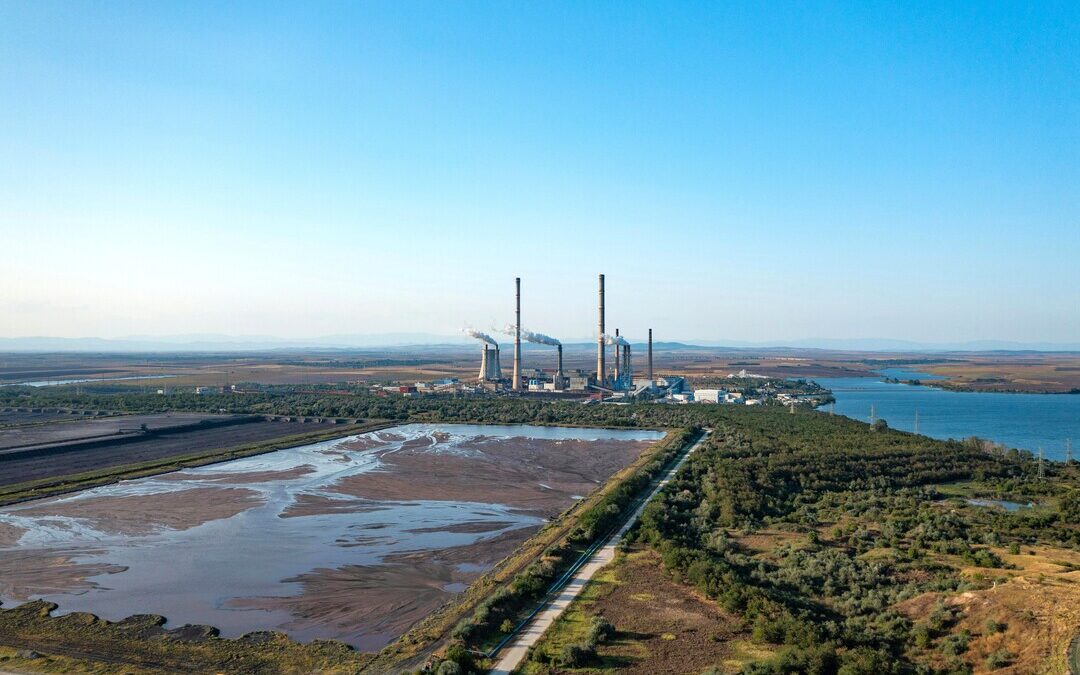SEDL Advances Zero Liquid Discharge Systems for Indian Industries
SEDL’s patented LTE technology helps Indian industries cut costs, recycle wastewater and achieve zero liquid discharge goals.
Spray Engineering Devices Ltd., a clean-tech engineering company based in India, has unveiled new advances in its patented thermal recovery systems that enable industries to reuse wastewater while creating value from by-products, it said on Saturday.
The Chandigarh-headquartered firm said its mechanical vapour recompression-based low-temperature evaporation technology is helping industries meet zero liquid discharge requirements, lower costs, and cut carbon emissions across various sectors, including textiles, chemicals, pharmaceuticals, breweries and distilleries.
Technology Cuts Costs and Carbon Emissions
SEDL stated that its LTE systems recycle heat within processes, achieving up to 99 percent clean water recovery at about a quarter of the cost of conventional steam-based systems.
Energy consumption ranges between 10 and 25 kilowatt-hours per cubic meter, reducing sludge generation and yielding dry by-products with less than 10 percent moisture.
“India’s water challenge is not just about treatment – it is about enabling industries and cities to reclaim, recycle, and reuse water at scale,” said Vimarsh Verma, director of operations and head of water and novel applications at SEDL. “Our systems help industries achieve water self-sufficiency while creating new revenue streams from by-products.”
Industrial Deployments
The company highlighted several deployments. Hero Cycles in Ludhiana achieved a 91 percent water recovery rate at 20–25 kWh per cubic meter, producing water suitable for reuse with total dissolved solids below 250 parts per million.
Textile makers Garg Acrylics Ltd. and Indorama India Pvt. Ltd. reported 97 to 99 percent recovery at lower costs compared to steam-based systems, with TDS reduced to as low as 50 ppm.
In the pharmaceutical and dye industries, SEDL’s systems are helping firms comply with environmental regulations by reducing effluent loads.
Distilleries using this technology can treat high-strength effluents such as spentwash to enable reuse and by-product valorisation, while breweries and beverage plants are cutting groundwater use by recycling reverse osmosis reject.
Supporting National Priorities
SEDL said its solutions support India’s Jal Shakti Abhiyan water conservation campaign and the Make in India initiative by ensuring a reliable water supply for manufacturing.
Its systems also help distilleries manage vinasse generated under the government’s ethanol blending program, contributing to the country’s “waste-to-wealth” goals.
The company has received recognition, including the National Energy Efficiency Innovation Award in 2021 and the CII National Award for Excellence in Water Management in 2019. It holds an Indian patent for its LTE technology and accreditation from the Department of Scientific and Industrial Research.
Also Read:
Australia’s RMIT Univ Turns Wastewater Contaminants Into Clean Hydrogen
Nirmal Menon
Related posts
Subscribe
Error: Contact form not found.


